
One of the most read mystical poets Rumi (1207-1273), recounts in his seminal Mathnawi that at the time King Solomon was building his temple following the divine order, medicinal plants sprouted one after the other in the courtyards of the temple. Endowed with the gift of speaking the language of animals, plants, and other creatures in nature, King Solomon would ask the emerging sprouts :
Tell me your name,
what you heal,
which medicine are you?
whom you hurt, and
whom you cure
Plants would speak up and count their remedies and harms, if any. It is cited in the story that the roots of contemporary medicine and remedies of the pioneer physicians is founded during the time King Solomon built his temple.
In 2021, more than 3000 years after King Solomon, the United Nations announced that it will carry out a study to preserve the indigenous languages, which contain rich medical information about plants and their cures, but which are on the verge of disappearing due to climate change in the world. Indigenous languages spoken by Amazonian and North American Indians, aborigines of Australia, and by tribes in Africa were studied in detail, each in its proper context. The plant species in each region were identified by the names they were called. It is found that the natives know by name more than 12 000 plant species and use numerous of them for curing and nourishment. Experimental research on the medical applications of plants collected regionally will continue until 2032.
Meanwhile the curing power of age-old plant extracts from the apothecary shop of the 12th century pharmacist and mystical poet, Attâr have reached our times. Here are a few well-known among them :
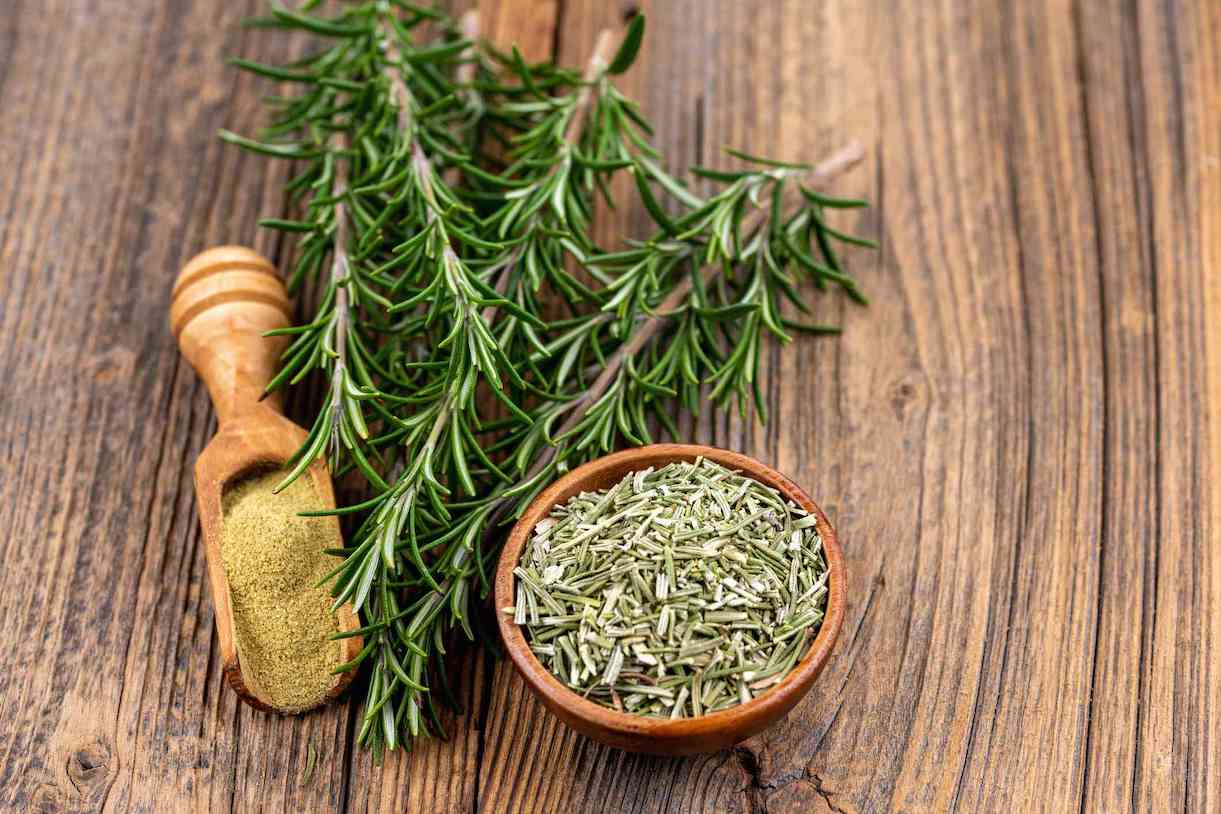 Rosemary
Rosemary
Indispensable for the gardener, athlete and cook. Physical and mental stimulant. The oil helps relieving muscle pain, fatigue, depression, headache, and cold. It has a boosting effect on memory and hair care.
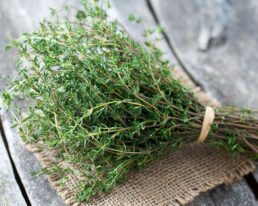
Thyme (also known as oregano)
A vigorous plant. Antiviral, antibiotic, antiseptic, antioxidant. The oil should be diluted when applied to the skin, and to be used in moderate doses.
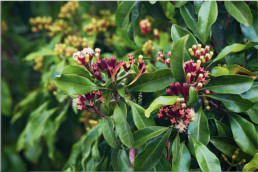 Clove
Clove
It is an anti-bacterial, antiseptic plant with an infection-preventing and pain-relieving effect. It is also good for toothache and digestion.
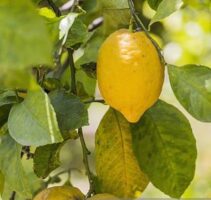
Lemon
Lemon oil is good for insect bites. It has a tonic effect on the skin and lymph system, and facilitates digestion. It blends well with other essential oils and emanates a pleasant scent.
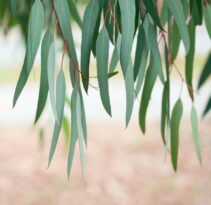
Eucalyptus
The leaves of the eucalyptus tree keep the body cool in summer and repels insects. Oil and steam is good for chest, cold and cough. It is widely used in veterinary medicine for its anti-viral effects.
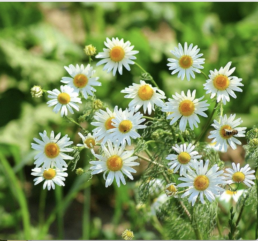
Chamomile
Best known types are German and Roman chamomile. Its infusion has a calming effect on the nervous system, and helps insomnia. It is good for burns, children’s wounds, asthma, eczema and rheumatism. The extract is also used in anti-aging products.
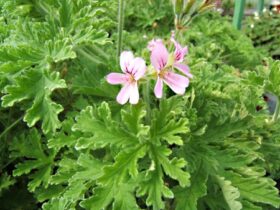 Geranium
Geranium
Relieves skin rashes and swelling, giving a soft shine to the skin. It has healing effects in diabetes, blood ailments, menopause and uterine complications. The oil extract tempers the nerves, and has a very pleasant smell.
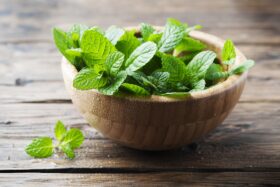 Mint
Mint
It has anti-inflammatory and antiseptic effect. Has a repellent quality against insects and flies. Also mint oil is good for digestion, respiration and circulation.
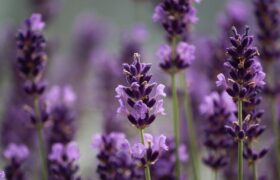 Lavender
Lavender
A “good to have” plant for every household. It is used in detox and treatment of burns. Lavender oil is a natural antibiotic and antiseptic, and used healing the wounds. The extract stimulates an an anti-depressant effect and help regulate the nervous system. Its agreeable and pleasing smell positively affects the environment and infuses serenity.
Known for his profound medical knowledge and curative prescriptions, Attâr ‘s chest holds scented ointments, infusions and herbal medicine good for physiological illnesses as well as afflictions of the soul. Among which he gives precedence to musk — a unique substance which he distinguishes as the primordial essence of all perfumes. He does not render the nature of this unique and mysterious essence, but in his poems he alludes to the ardent scent and savor of musk, and the unusual transformation it invokes upon the bearer who attains even an infinitesimal portion of this essence :
As the gentle windswept over the grassland
you’d think it had raided all the musk of Cathay.
If its swiftness did not wound Joseph’s heart
then why is it that his shirt is soaked in blood?
Unique forms all wear the veil of jealousy.
This form has brought jasmine from behind the veil.
Rose and musk will never reach the desert until
the scent of the deer has brought jasmine to the desert.
No one buys a hundred ambers with a barley grain
in the way narcissus has been brought to the garden.
Every time the breeze follows a hundred secrets
it takes musk and scatters it over the field’s ears.
The secret’s infancy has all the traits of Jesus;
like Jesus it speaks with sweetness from cradle.
As the rose sweated from my Beloved’s face
a pure moistener like rosewater entered my mouth.
The tulip is immersed in blood like the martyrs;
grief for a short life brings its head into the shroud.
At first Attâr took a breath from the musk.
At last a scorched heart was moistened by grace.
Duygu Bruce
Reference:
Fifty Poems of Attâr, translated from Persian by Ali Alizadeh and Kenneth Avery, re.Press, 2007, Melbourne, Australia.







